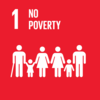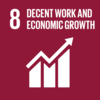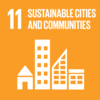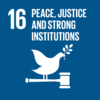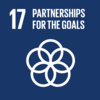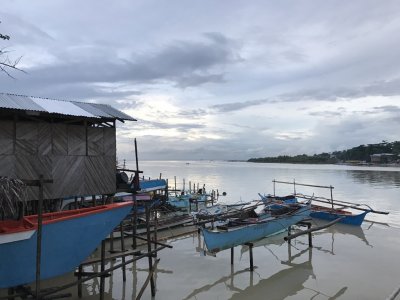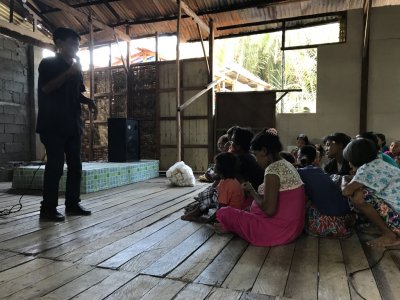Faith and Livelihood in the 21st Century: Everyday Life of Pentecostal Christian Sama-Bajau Pearl Vendors in the Philippines
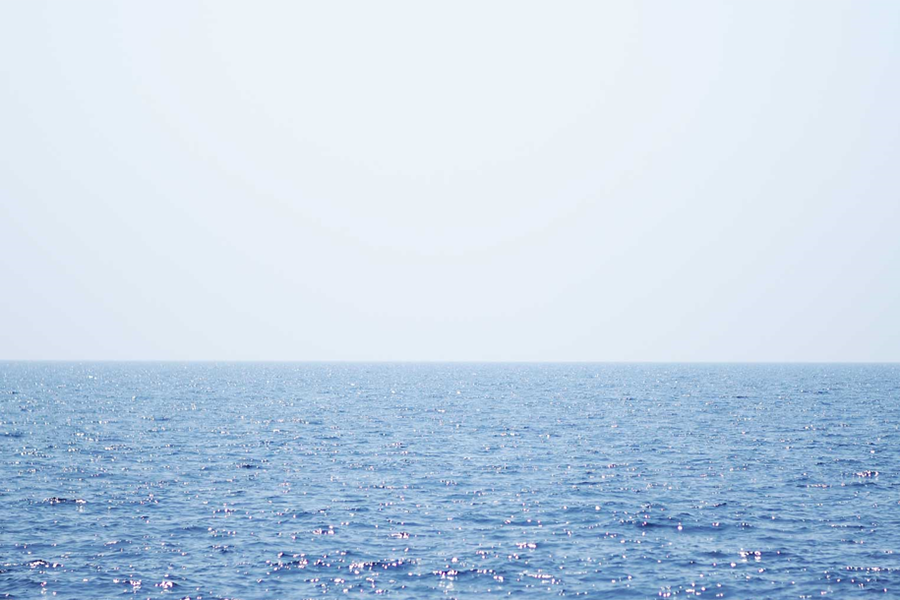

Waka Aoyama
Institute for Advanced Studies on Asia
Professor
As Robert W. Hefner, the Director of CURA, Boston University, wrote in his article entitled “Religious Resurgence in Contemporary Asia: Southeast Asian Perspectives on Capitalism, the State, and the New Piet”, The Journal of Asian Studies 69 (4): 1031-1047), “religious resurgence” is an important topic in order to understand the transformation of everyday life in Southeast Asia, one of the rapidly growing regions in today’s globalized world. One of the characteristics, which Hefner pointed out, about the type of the religious practices widely accepted among the less-privileged is to pursue “health and prosperity” in everyday life. Despite its significance, the role of religion/religiousity has been given only a limited place in development studies, which supposedly aim to analyze the factors affecting the well-being of the poor. Given that, this research project intends to explore how the Sama (Bajau) migrants in Davao City construct and rebuild their social life as an ethnic group struggling for “space,” focusing on their religious and economic activities. As for a method, this project employs “ethnographical fieldwork,” through which both objective economic indicators (mainly household data) and subjective evaluations (oral life histories collected from selective members of the community) are obtained Ultimately, this project aims to offer an alternative framework to understand an interactive relationship between economy and culture in the local context.
Related publications
- Aoyama, Waka, Hiroyuki Ukeda and Takaaki Kobayashi eds., Living With Aid: Development Projects Observed From Multiple Perspectives. Okayama City: Daigaku-Kyoiku Shuppan, 1st edition: Jun. 2010; second edition, forthcoming in 2017 (234 pages) (in Japanese).
- Aoyama, Waka. 2016.“Creating Living Space against Social Exclusions: The Experience of the Sama-Bajau migrants in Davao City, Philippines.” yenching.org/features/hyi-working-paper-series-aoyama-waka-0.
- Aoyama, Waka, An Ethnography of Poverty: Socioeconomic Life of Five Sama Families in Davao City, Philippines. Tokyo: University of Tokyo Press, Jan. 2006 (414 pages) (in Japanese).
- Aoyama, Waka. 2016.“Creating Living Space against Social Exclusions: The Experience of the Sama-Bajau migrants in Davao City, Philippines.” yenching.org/features/hyi-working-paper-series-aoyama-waka-0.
- Aoyama, Waka, An Ethnography of Poverty: Socioeconomic Life of Five Sama Families in Davao City, Philippines. Tokyo: University of Tokyo Press, Jan. 2006 (414 pages) (in Japanese).
Contact
- Research Management Section
- Email: kenkyo[at]ioc.u-tokyo.ac.jp
※[at]=@


